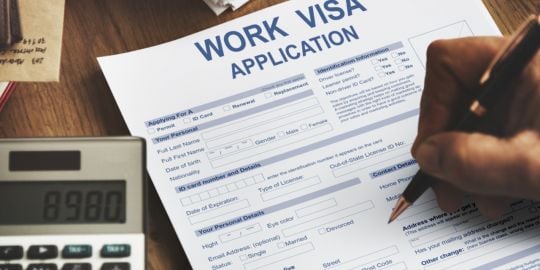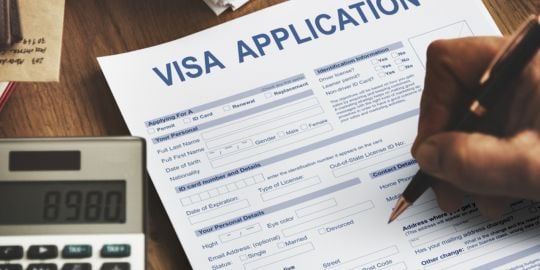Hi
I am new to the forum having just received my permanent visa for Brazil based on stable Union. Can someone please help me on the so-called 2 year rule. As I understand it if I am absent from Brazil for more than 2 years my permanent visa will be cancelled and I start all over again. My question is this. If I leave Brazil for 23 months and then return to Brazil for one day and then leave again, does the 2 year period start again? In other words can I just come to Brazil for one day to stop the two year period from expiring and if so will a new 2 year period then start afresh? All help gratefully received! Thanks
Permanent Visa - Absence from Brazil for 2 years or more
That is correct, if you are absent from Brazil for more than 2 years based on exit and re-entry date stamps in your passport your permanent resident status is cancelled except in cases beyond your control, such as being hospitalized.
You don't actually need to start all over from scratch however, there is a process by which you can request reinstatement of permanency that has been cancelled. You'd have to ask the Federal Police how to go about doing that.
As far as I am aware there is no set MINIMUM of time one must be back in Brazil in order to keep from losing PR status. I would suggest that a short vacation of a week or two every two years would keep it active. I've heard of many foreigners who do exactly that. I'm not sure, but I think they'd take a very critical view of it being a period so short as one or two days, however.
Also they'd look very closely at your situation since the visa is based on stable union. If your partner is out of the country with you then that would be ok. If on the other hand your partner has not left Brazil to be with you I'm sure they'd classify that as a de facto separation which in itself could be used to void your visa.
Thanks that is very helpful. No it is a genuine stable Union and my Brazilian partner always travels with me. I was just testing the point, but in reality we are always here for a few weeks each year. Incidentally, having just received my new ID card with RNE number on it I have been told when I leave and re-enter the country I just need to show my ID card at immigration. Do you know if I also have to have my passport stamped as well, or do they just look at the ID card and that is it? I have not been out of the country since getting my ID card, so I don't know.
Also, getting the stable Union visa took 18 months (I applied in Brazil and have been here since applying). But they have just started a new system whereby when my application was approved I immediately got 9 years and not just the usual two years to start with (or so the Federal Police told me a few weeks ago when I was approved and fingerprinted etc.). I just thought this might be of interest to others.
Unless you're naturalized as a Brazilian citizen you're ALWAYS going to need to have a current (valid) passport from your country of origin. You will present both the passport and your Cédula de Identidade Estrangeiro upon entry and exit. It is essentially your visa and they will want to see it. Your passport will get stamped with every entry and exit from Brazil.
The one good thing about PR status is that when you return to Brazil you can choose to enter using EITHER the Estrangeiros or Brasileiros line-up at the immigrations check, whichever is shortest. 
Great, thanks!
Thanks to both of you for that , its saved me asking exactly the same questions , Very interesting that i could now use both lines at immigration when i return from overseas although here in Recife it has always been the "Aliens" line that is the short one ,,,, usually very short
Yes, well at least that's what I've been told by many other members who have their VIPER Permanent Visa and Cédula de Identidade Estrangeiro, you pick the shortest line at check in. I've not tried it myself, but I have no reason to doubt what I've been told. I guess the worst thing that can happen is they'll tell you you're in the wrong line-up, but likely they'll check you through and tell you to use the other next time.









